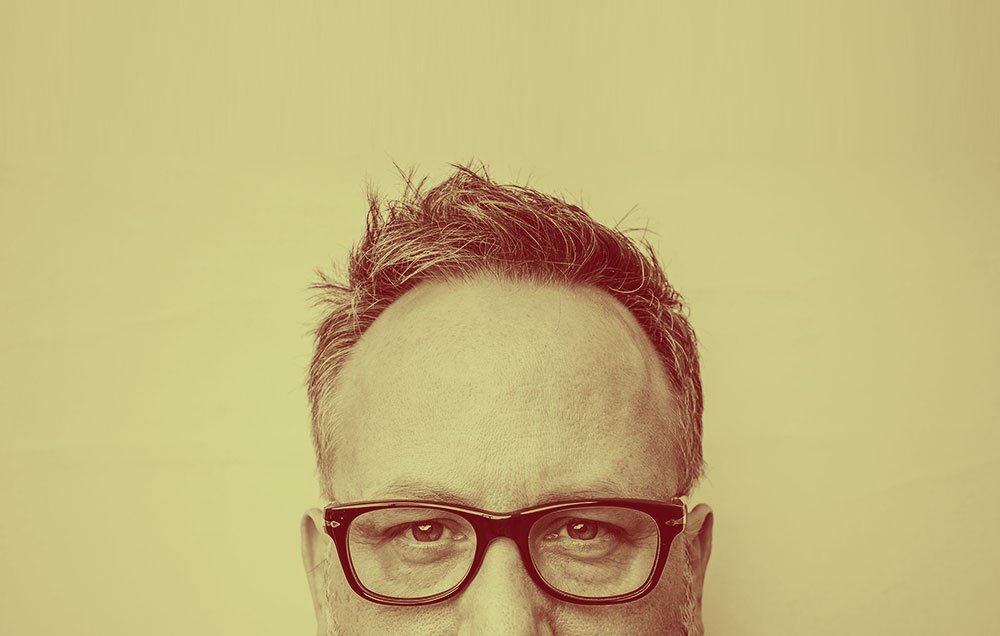Spinach is a good bet because it’s rich in iron and high in vitamin C, which aids in iron absorption. Toss a spinach salad with hardboiled eggs or mushrooms, both of which are loaded with vitamin D, to give yourself the best shot at slowing hair loss.
Zinc seems to be a super nutrient when it comes to preventing and treating hair loss. In one study, researchers compared the zinc levels of 50 people with hair loss due to alopecia areata to 50 healthy controls and found that all of the alopecia patients had significantly lower zinc levels. Another study examined the zinc and copper levels in 312 men and women experiencing hair loss. No matter the cause of the hair loss, all subjects had significantly lower zinc levels than controls.
Fortunately, zinc supplementation and eating plenty of zinc-rich foods can slow hair loss in the majority of these cases, so it’s a good idea to add it to your diet. According to the National Institutes of Health, oysters contain more zinc per serving than any other food. Other food sources of zinc include walnuts, spinach, eggs, sunflower seeds, green peas, wheat germ, oatmeal and chickpeas.
Pumpkin, rosemary, and coconut oils all act as nectar to the scalp. In one study, researchers gave men with hair loss 400 mg per day of pumpkin seed oil or a placebo for 24 weeks. Those who took the pumpkin seed oil experienced a 40 per cent increase in hair growth.
And there’s something to be said for oils even when you don’t eat them: When used as a pre-wash and post-wash grooming product, coconut oil has been shown to protect hair against protein loss, and rosemary oil has been shown to increase hair growth comparable to minoxidil, the main ingredient in Rogaine – and with less scalp itching.
A recent study found that a supplement containing cistanche tubulosa (a desert plant used in traditional Chinese medicine) and laminaria japonica (an edible brown seaweed) promoted hair growth in people with mild to moderate hair loss. After 16 weeks of supplementation, volunteers saw a 13 per cent increase in hair volume and a 27 per cent increase in hair thickness. The supplement was also effective at treating scalp inflammation and dandruff.
This article was originally published on Prevention.com














